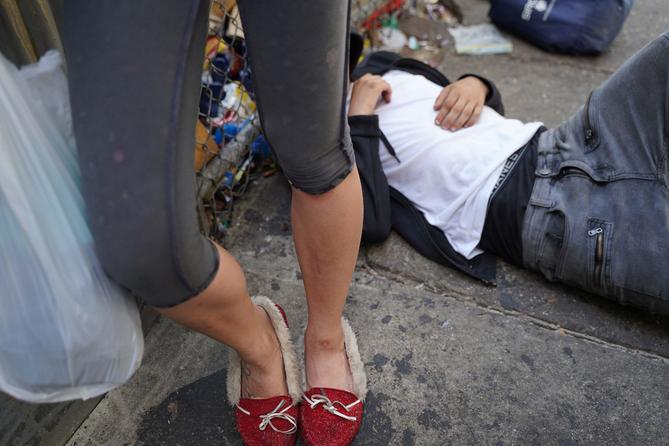Spotlight PA is an independent, nonpartisan newsroom powered by The Philadelphia Inquirer in partnership with the Pittsburgh Post-Gazette and PennLive/Patriot-News. Sign up for our free weekly newsletter.
In the past two years, more than $150 million has poured into Pennsylvania to combat the opioid crisis, nearly doubling the rate of per capita spending. Most of that money has come from the federal government, which has given the Commonwealth the second most of any state, second to California. Other money has come from philanthropic grants.
By some measures, the influx of cash is working: The state’s overdose death rate decreased by 18% in 2018, the first drop in at least five years, and hospital admissions for overdoses are also going down. But the rush of dollars also raises important questions about where the money is going, how well it’s being spent and if patients are getting the best treatment.
We want your help investigating the business of addiction treatment in Pennsylvania.
More than 200 residential facilities and 600 outpatient providers are licensed by the state, a number that has grown by about one third in the past five years, according to the Department of Drug and Alcohol Programs. Pennsylvania is also home to more than 3,700 medical providers who are allowed to prescribe buprenorphine, a type of medication-assisted treatment, on an outpatient basis.
These facilities and providers are subject to a host of federal and state regulations. But a 2017 report from the auditor general found the Pennsylvania agencies responsible for overseeing addiction treatment struggle to collect accurate data and monitor the effectiveness of their programs, in some cases due to underfunding and understaffing.
We want to fill in the gaps, and we need your help. Using the form below, please share your stories of the struggle to access addiction treatment, predatory providers, inadequate or negligent care and a lack of oversight causing harm to vulnerable residents. We’d also like to hear the success stories and models for efficient and effective treatment.
As the lead reporter on this effort, I assure you we take your privacy seriously and will treat your information with the sensitivity it deserves. We will not share your information with any third-parties or publish details of your story without your permission. If you have additional evidence — including documentation, emails or other people affected — we’re eager to review it all. For questions, please email me at apattani@spotlightpa.org.
Can’t see the form below? View it here.
Spotlight PA receives funding from nonprofit institutions and readers like you who are committed to investigative journalism that gets results. Become a Founding Donor today at spotlightpa.org.

